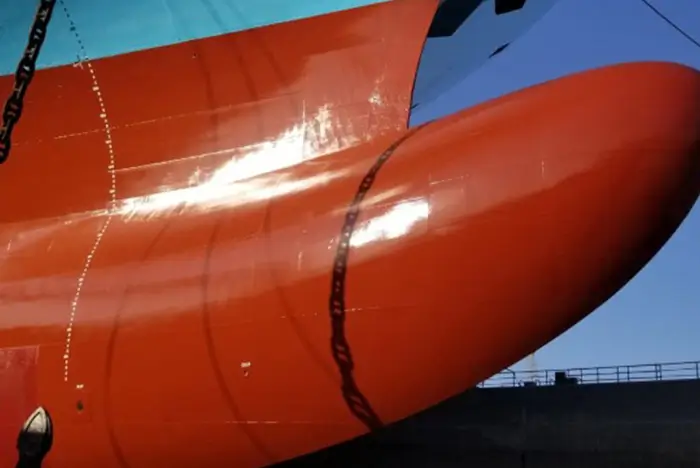
Webinars, coalitions, startups, mergers, acquisitions, partnerships, and hashtags all
have a common goal in today’s date and that is Decarbonization. The big question mark
What will be the fuel of the future. Or perhaps would there be one universal fuel. The race is on for climate change. Do the right thing this time. We need to limit global warming to 1.5 degrees. A clear signal is there for everyone. A commitment has been made. The search is on for carbon free or fossil free fuels. So much is happening in the search for zero carbon fuel, we need the innovation now or we are running out of time. As Soren Skou CEO AP Moller – Maersk says “The time to act is now, if we are to solve shipping’s climate challenge”.
New policies, tough rules and stringent regulations are in the pipeline. In June 2021 IMO adopted the new regulation at MEPC76 called the Carbon Intensity Indicator (CII) – rating indicator ranging from A to E which will clearly measure the individual ship efficiency for transporting goods and carbon emissions. Ships will be given the annual carbon rating. This will no longer be based on sister ships or for the entire fleet. The CII requirements will take effect from 2023.
We are hearing strong words – Renewable energy, Green hydrogen, E methanol, green methanol, solar, wind power, electrolysis, Co2 extracted from air, hybrid systems, flettner rotors, air lubrication system, energy transition, Carbon levy.
The shipping industry needs zero carbon or carbon neutral fuels and secondly we need new propulsion systems to burn this zero carbon emission fuels. Today there is dual fuel engines in the market but the future would be to burn zero carbon fuel. Wartsila has launched test programme using ammonia and hydrogen. Next step is fuel transportation, fuel storage facilities or the bunkering infrastructure.
As Maersk Mc-Kinney Moller Centre for Zero Carbon Shipping places it – With 100.000 commercial vessels consuming m300Tons fuel p.a. global shipping accounts for around 3% of global carbon emissions. Decarbonizing the maritime industry in line with the Paris Agreement requires new fuel types and a systemic industry-wide transformation. Alternate or relevant fuels or technology towards decarbonisation include liquid biofuels, biogas, synthetic fuels, LPG, LNG, hydrogen, ammonia, methanol, wind power, fuel cell system, battery technology and nuclear. Maersk is planning to launch carbon neutral methanol-based vessels in 2023, Sea Span have gone for SAVER concept design vessels and LNG propulsion vessels while CMA CGM has ordered LNG powered vessels. Wallenius Wilhelmsen is expected to launch a wind-powered vessel in 2025.
The vessel crew training will be next – so much will change on vessels in terms of fuelstorage, fuel handling, storage temperatures, fuel pipelines and engine operation. We could be training crew for different handling of fuels being utilized on vessels.All in all we are heading for a big revolution in the shipping industry. This is the future.
